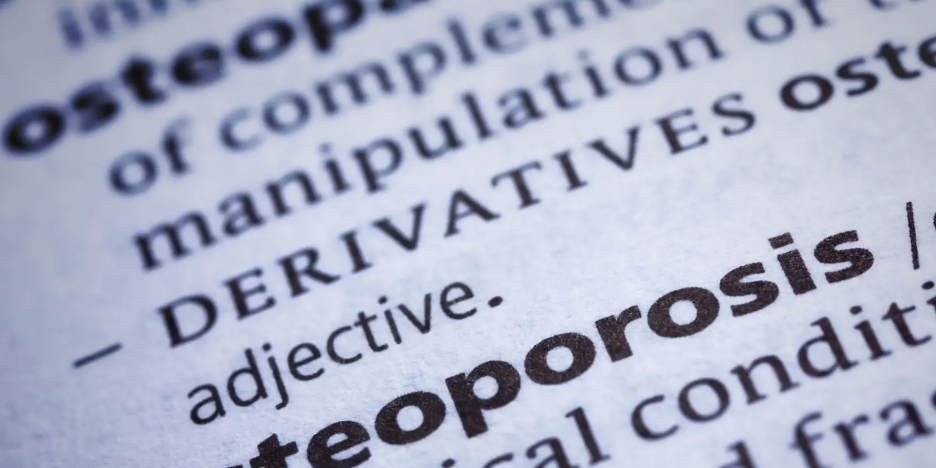As we get older, our bodies go through many changes. One big change that not many people think about is what will start happening to their bones. When you are 50, your bones start losing density faster, so they get thinner and more fragile. If you don’t pay attention to this, this can lead to osteoporosis — a condition where your bones will get extremely weak and more likely to fracture.
The good news is that there’s a lot you can do to keep your bones in their best shape. And the truth is that it is much easier to prevent problems than to fix them after the fact. Below, our endocrinology specialists in Munster, Indiana are going to share some of the best ways to protect your bone strength.
What happens to your bones after 50?
Once we pass 50, our bones start to change a lot. This happens to everyone, but not always in the same way. Some people lose bone faster than others. In the U.S. alone, over 10 million people already have osteoporosis. Another 44 million more people are close to being at risk.
Osteoporosis mostly affects women, especially after menopause. This is the time when their estrogen drops quickly. Estrogen is a hormone that helps protect bones, so when estrogen drops, the body breaks down bone faster than it can rebuild. As a result, the bones start getting thinner and more fragile.
There are other things that make bone loss worse. For example, if you don’t eat enough calcium or vitamin D, or if you take certain medications for a long time, your bones can get weaker. Even sitting around too much without moving or walking can make your bones lose strength.
Why does endocrinology matter when we are talking about bones?
Although calcium is important, your hormones also have a big part in keeping your bones strong. They help control how your body builds new bone and how it uses important nutrients like calcium and phosphorus.
If something is off with your hormones, it can impact your bones too. For example, if you have a thyroid problem and don’t know it, your bones can lose density faster than they should. Even if you have diabetes and your blood sugar looks okay, it can still weaken your bones over time. That is why endocrinology specialists in Munster, Indiana look at everything — not only your bones.
Our endocrinology specialists also use diagnostic tools like DEXA scans to see how strong your bones are and if you are at risk for fractures. If they spot a problem, they will walk you through the options. That could mean starting medication or even trying hormone therapy to get things back on track.
How can you stay ahead of osteoporosis before it becomes a serious problem?
The key is to identify the risks early and start doing little things every day that will help you over time. The main goal is to keep your bone loss from getting out of control.
Doctors watch out for risk factors that can increase your osteoporosis risk. These include things like:
- Family history of osteoporosis or hip fractures
- Smoking or excessive alcohol use
- Poor diet or sedentary lifestyle
- Long-term use of steroids
- Early menopause (before age 45)
The good news is that there are many simple things you can do every day to help. Eating foods rich in calcium is a good start. You also need vitamin D, which you can get from sunlight or certain foods and supplements. Moving your body helps too. Walking, lifting light weights, or even gentle yoga can strengthen your bones.
At 219 Health Network, our endocrinology specialists in Munster, Indiana support these strategies with integrated services. This means that patients can be referred to in-house nutritionists, behavioral health professionals, or primary care providers if needed.
Looking for an Affordable Endocrinology Specialist in Munster, Indiana?
Are you looking for an experienced endocrinologist in Munster, Indiana who can help you take control of your bone health? If so, 219 Health Network is here for you. Contact us today at 833-219-0001 to schedule a visit with one of our specialists.


